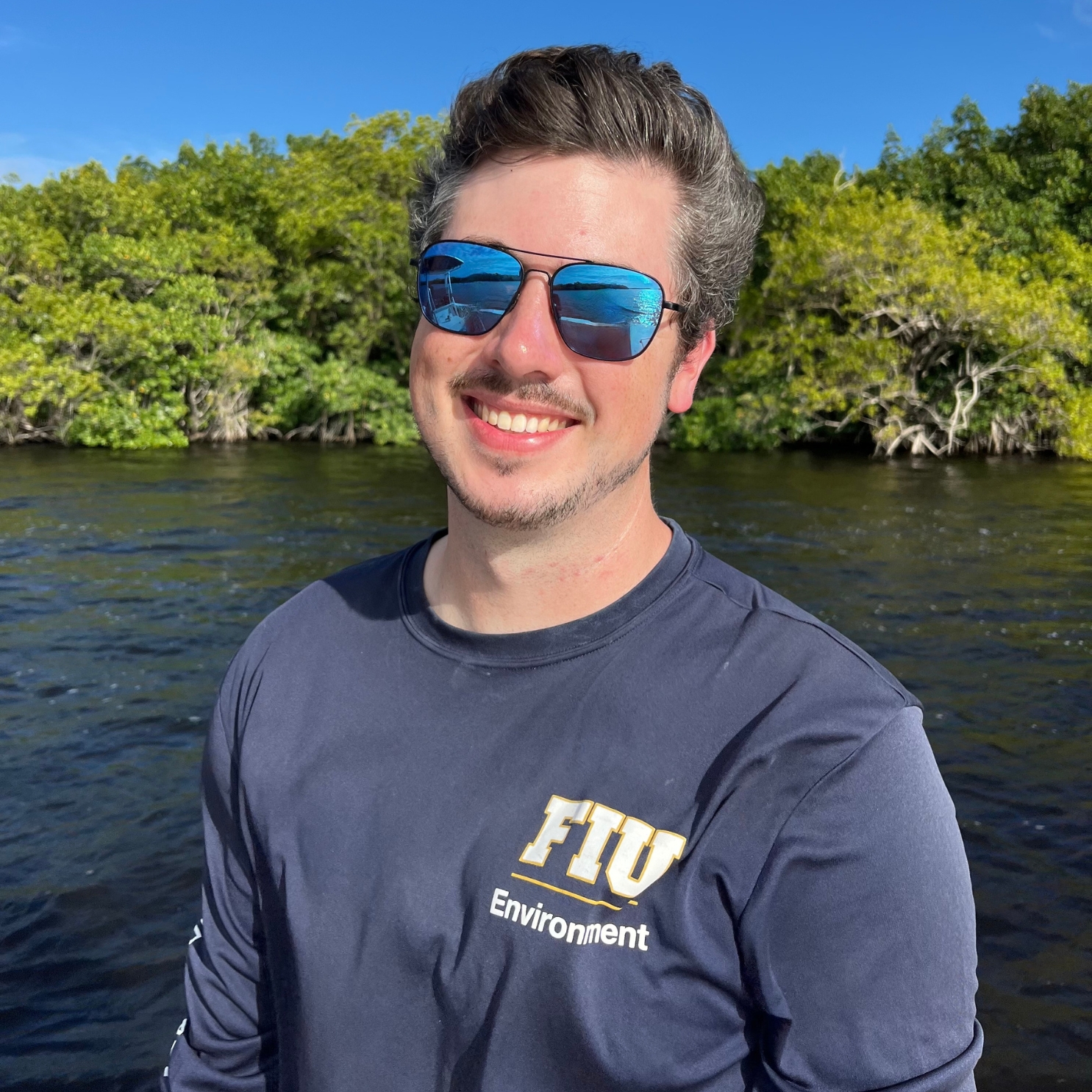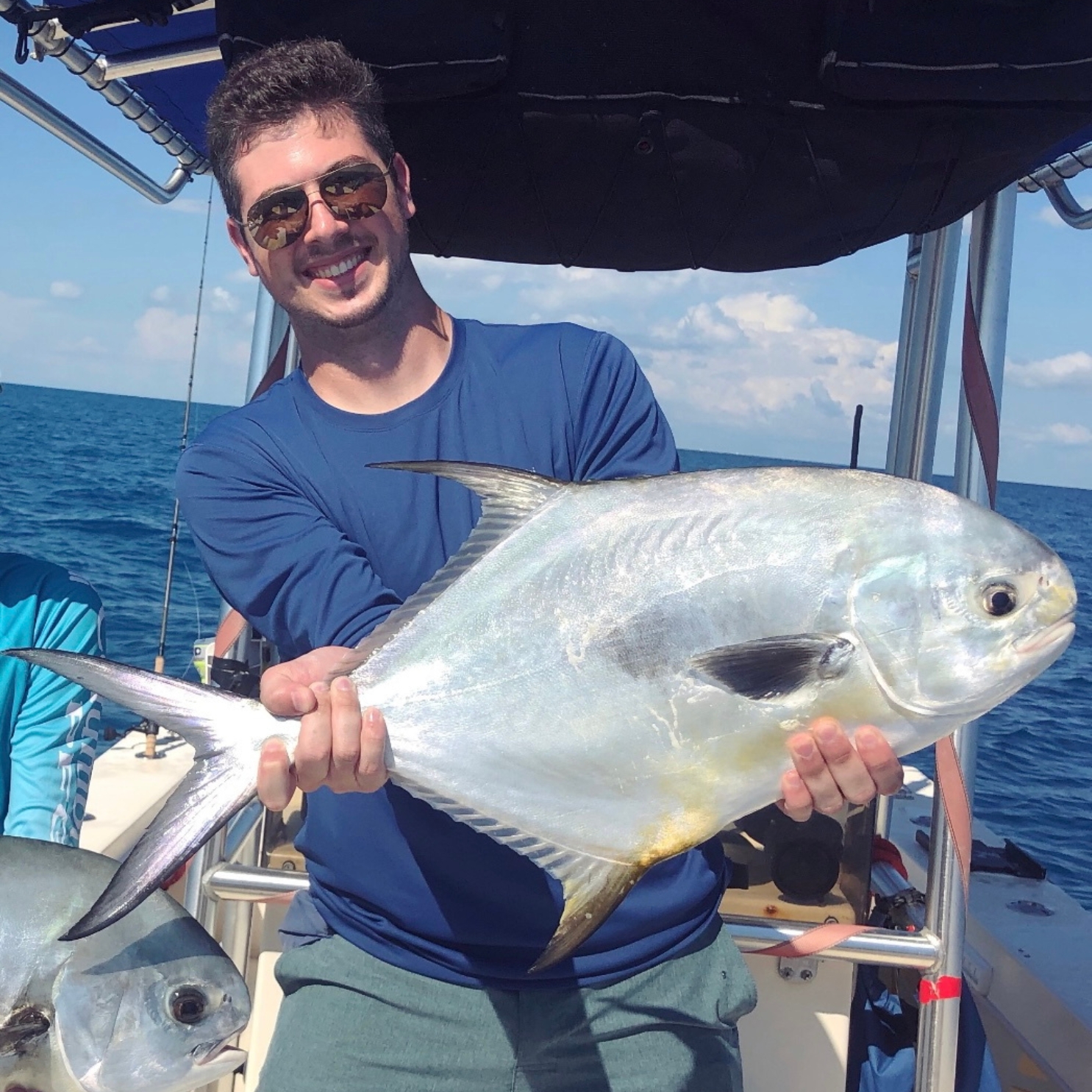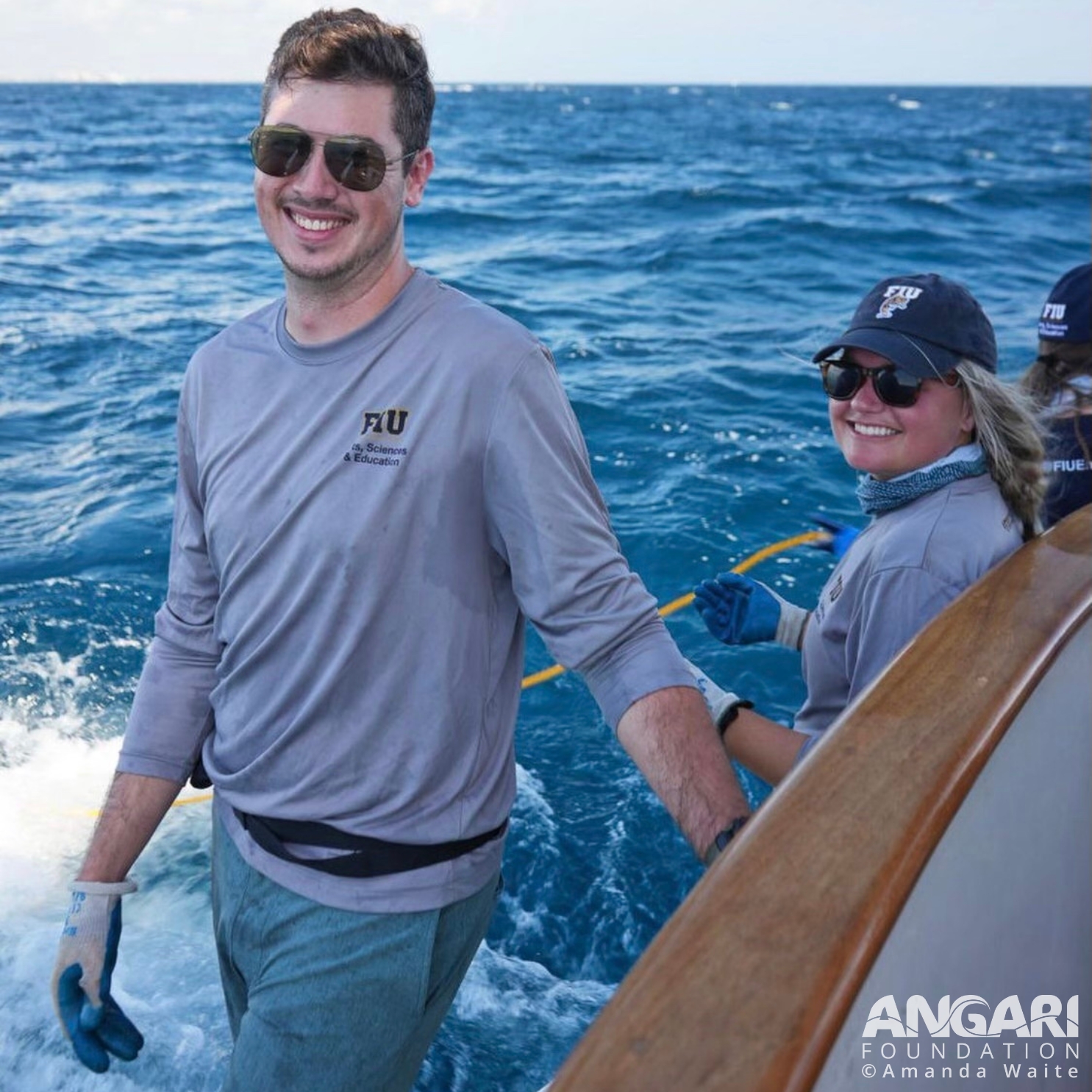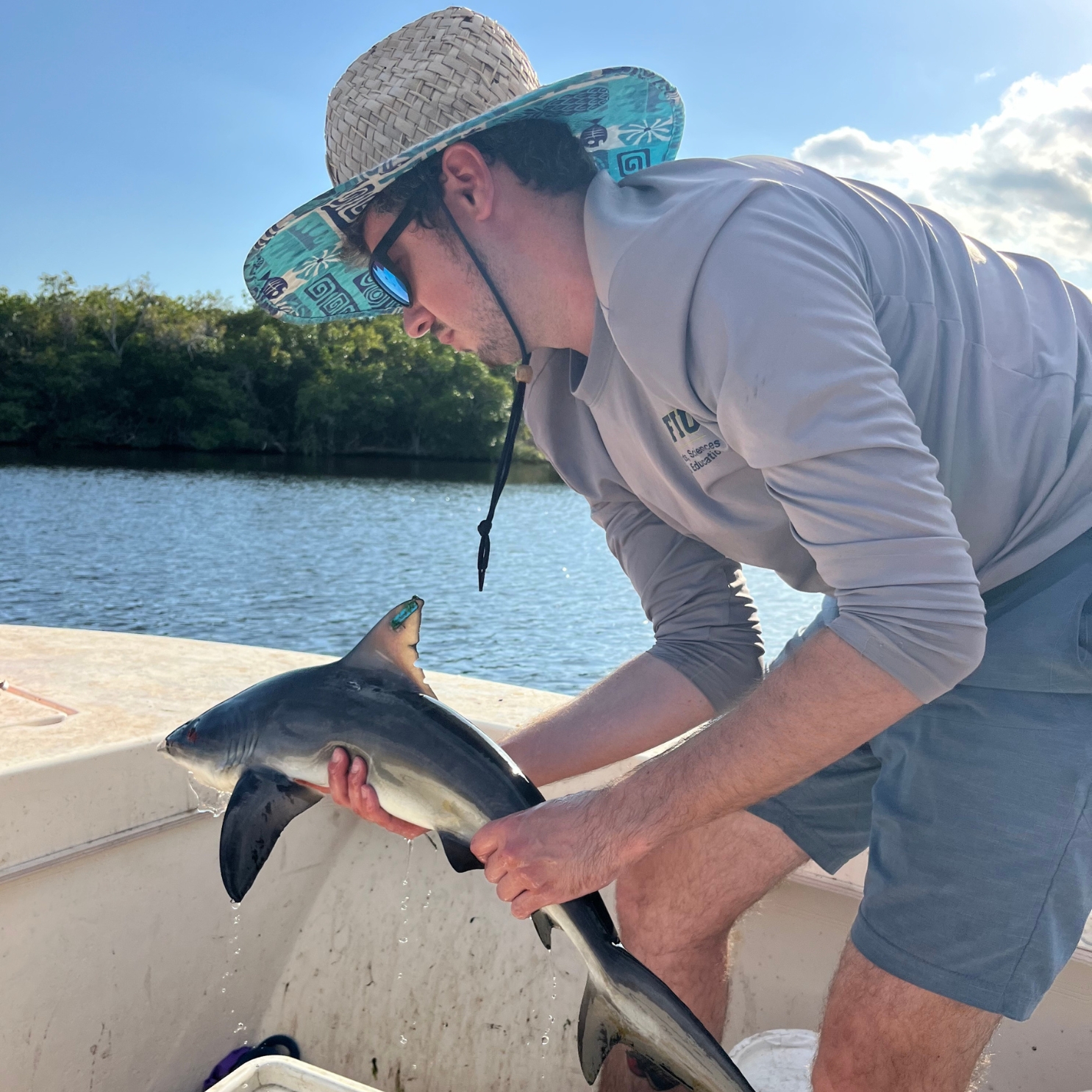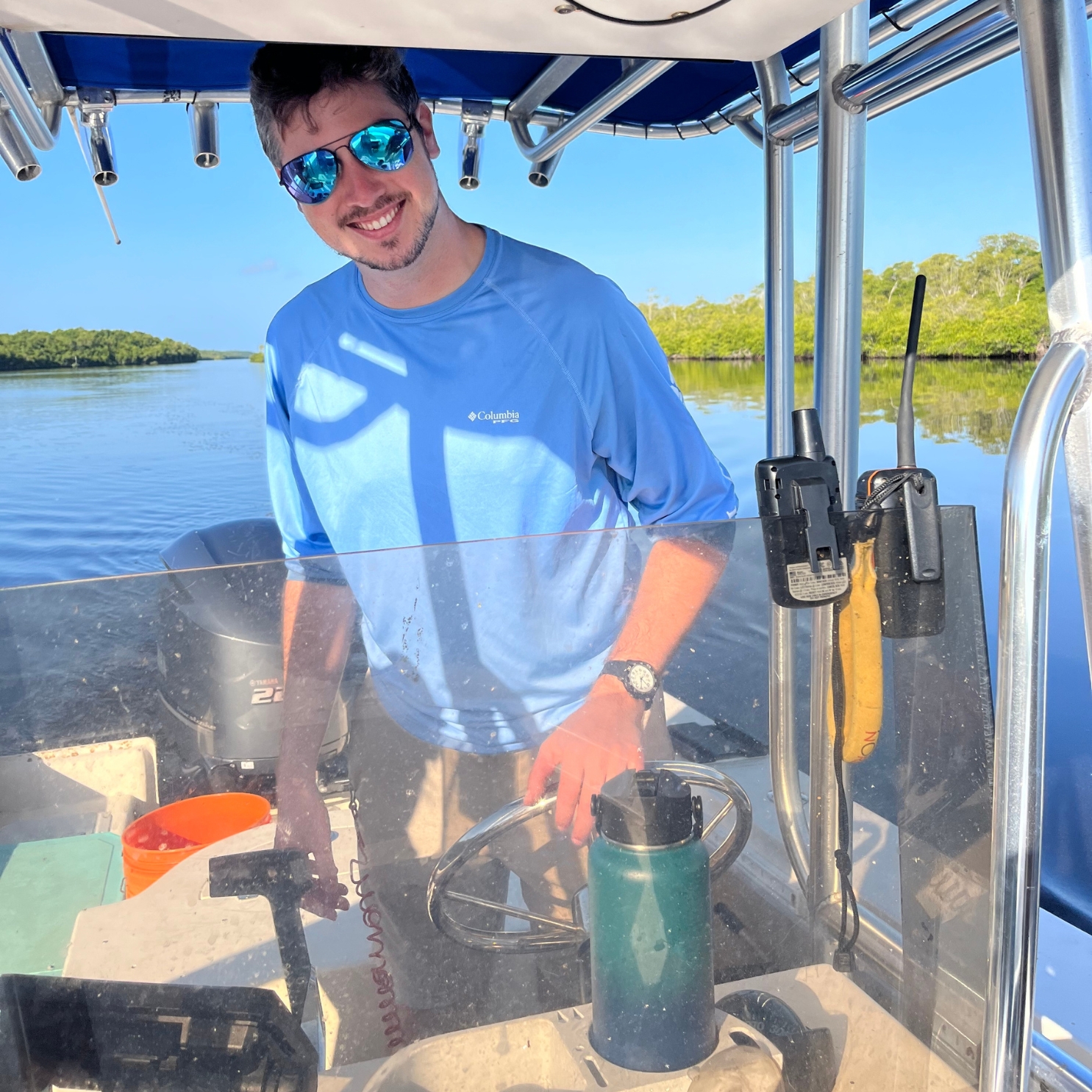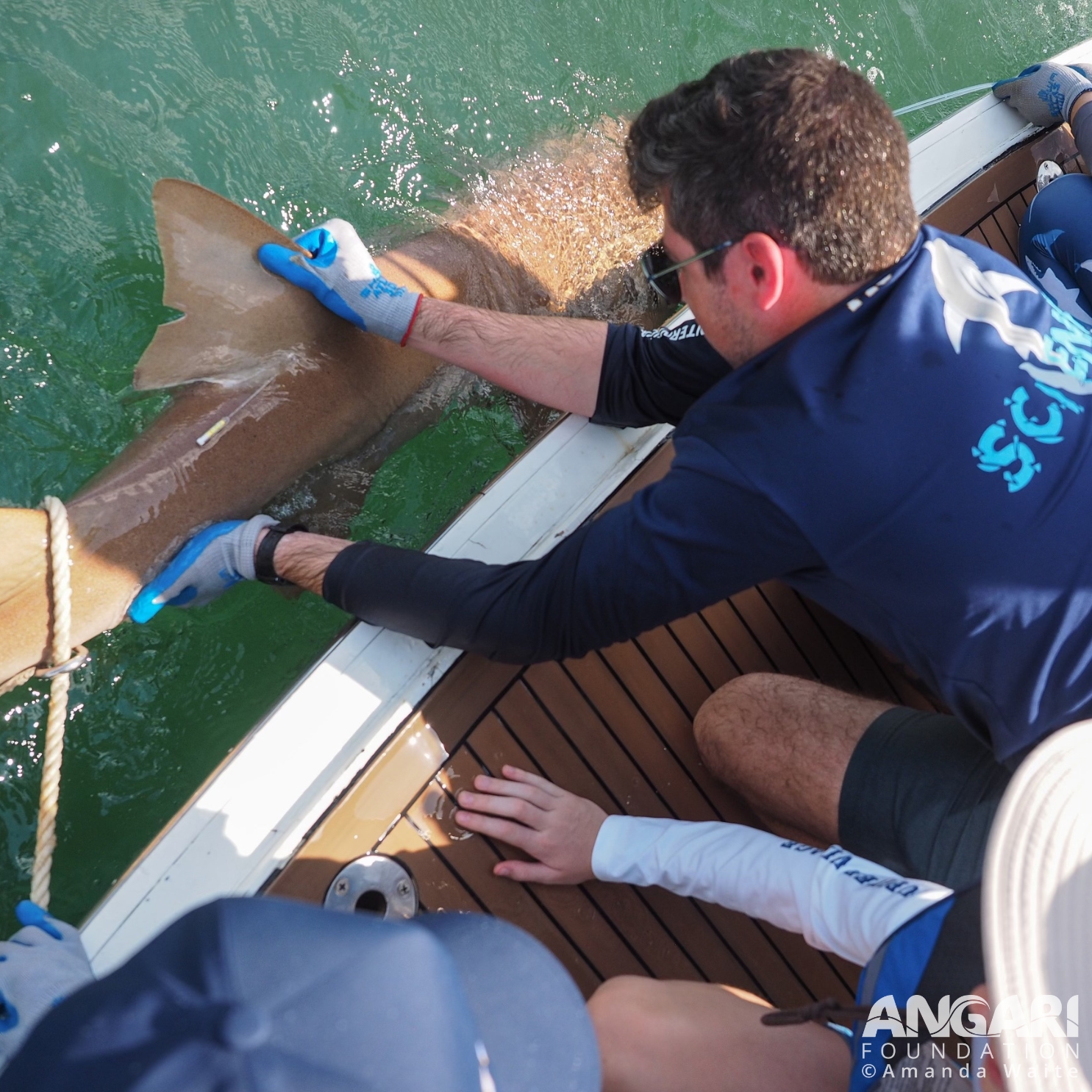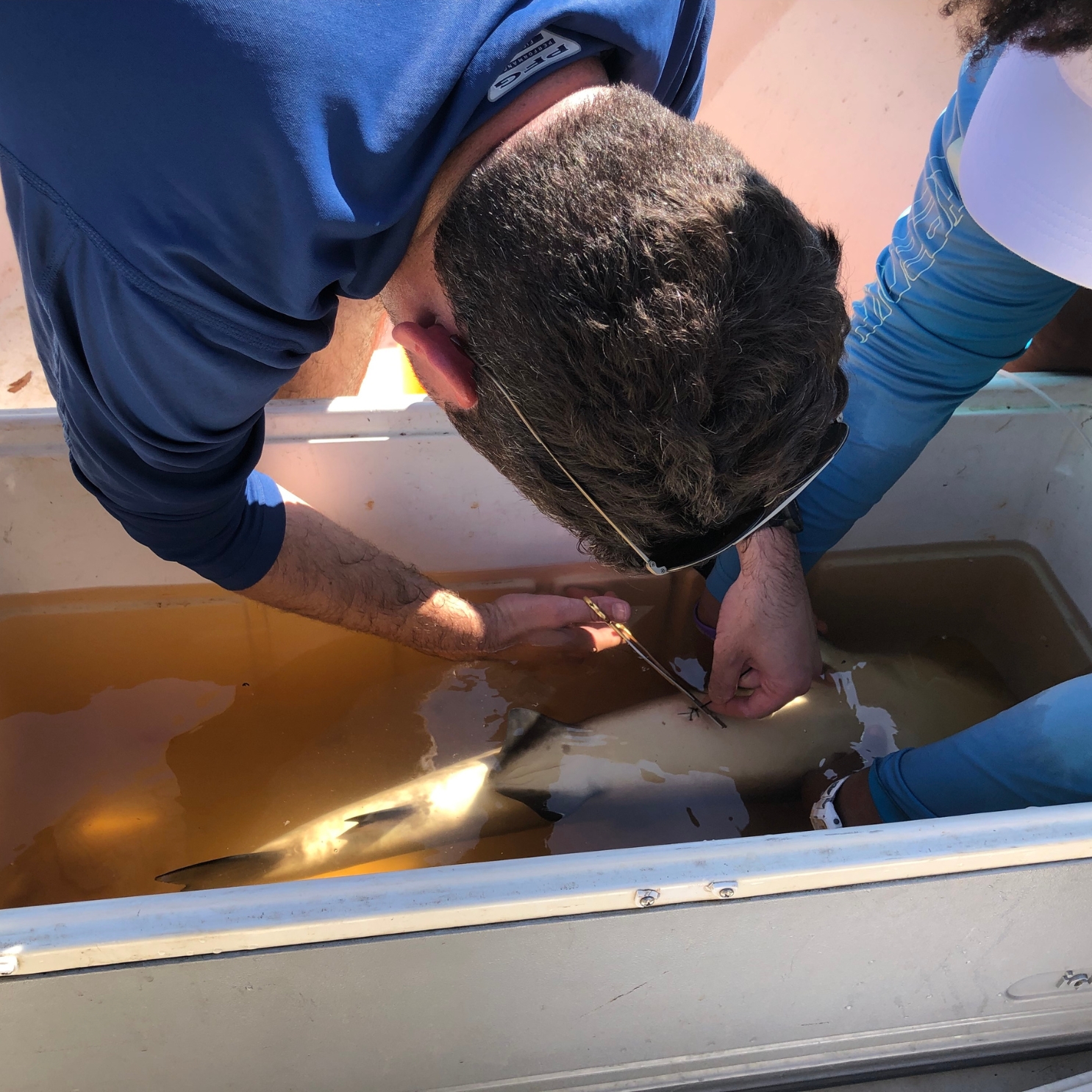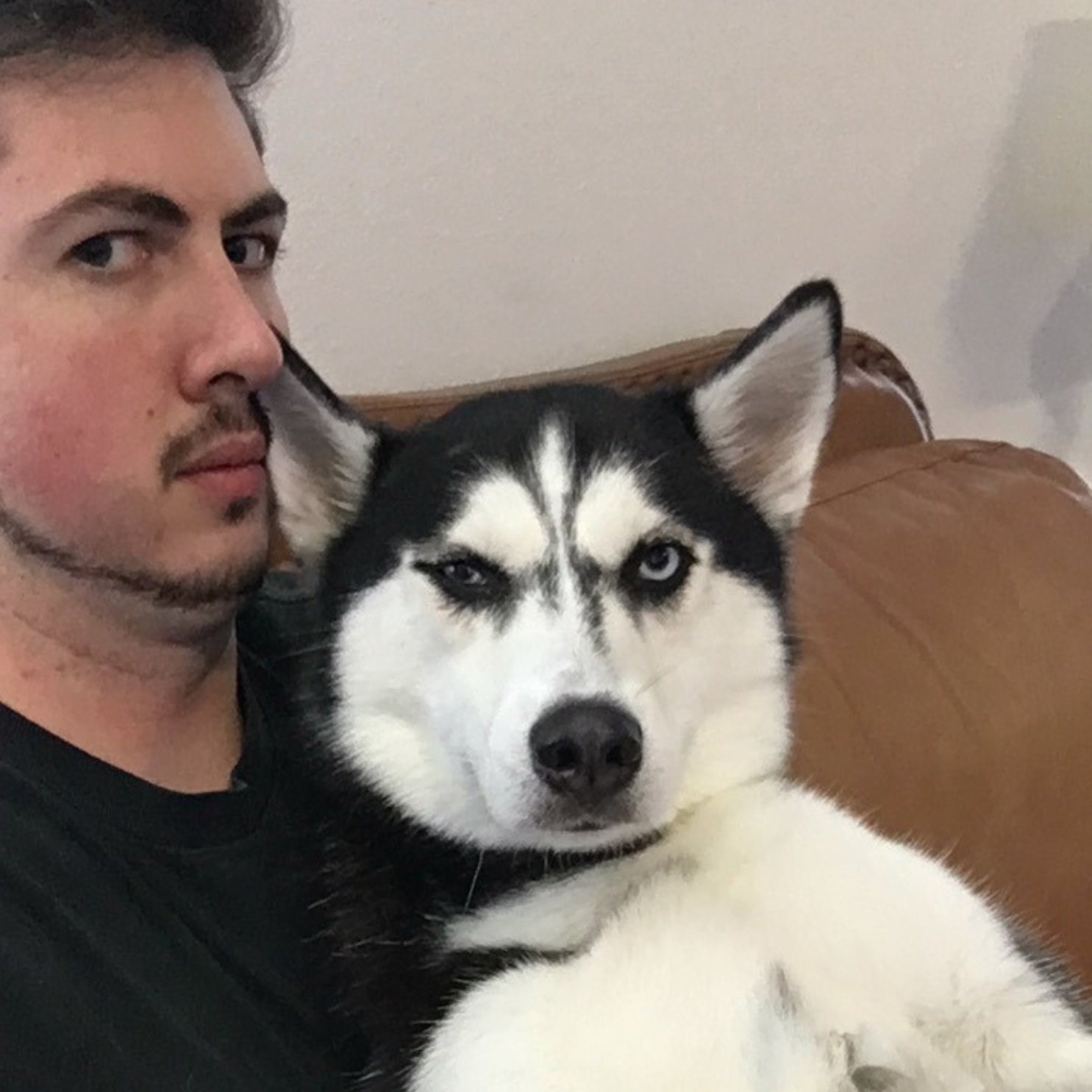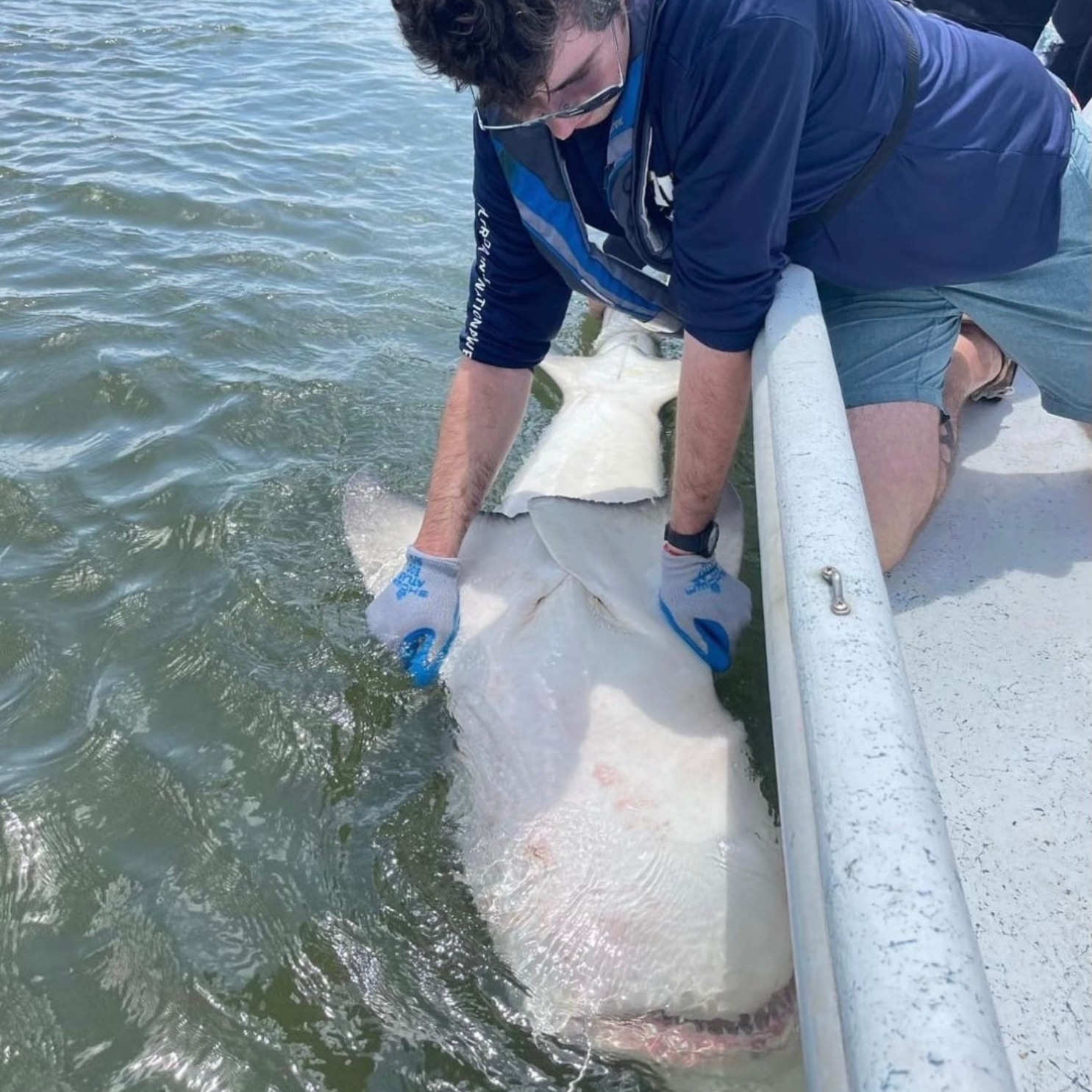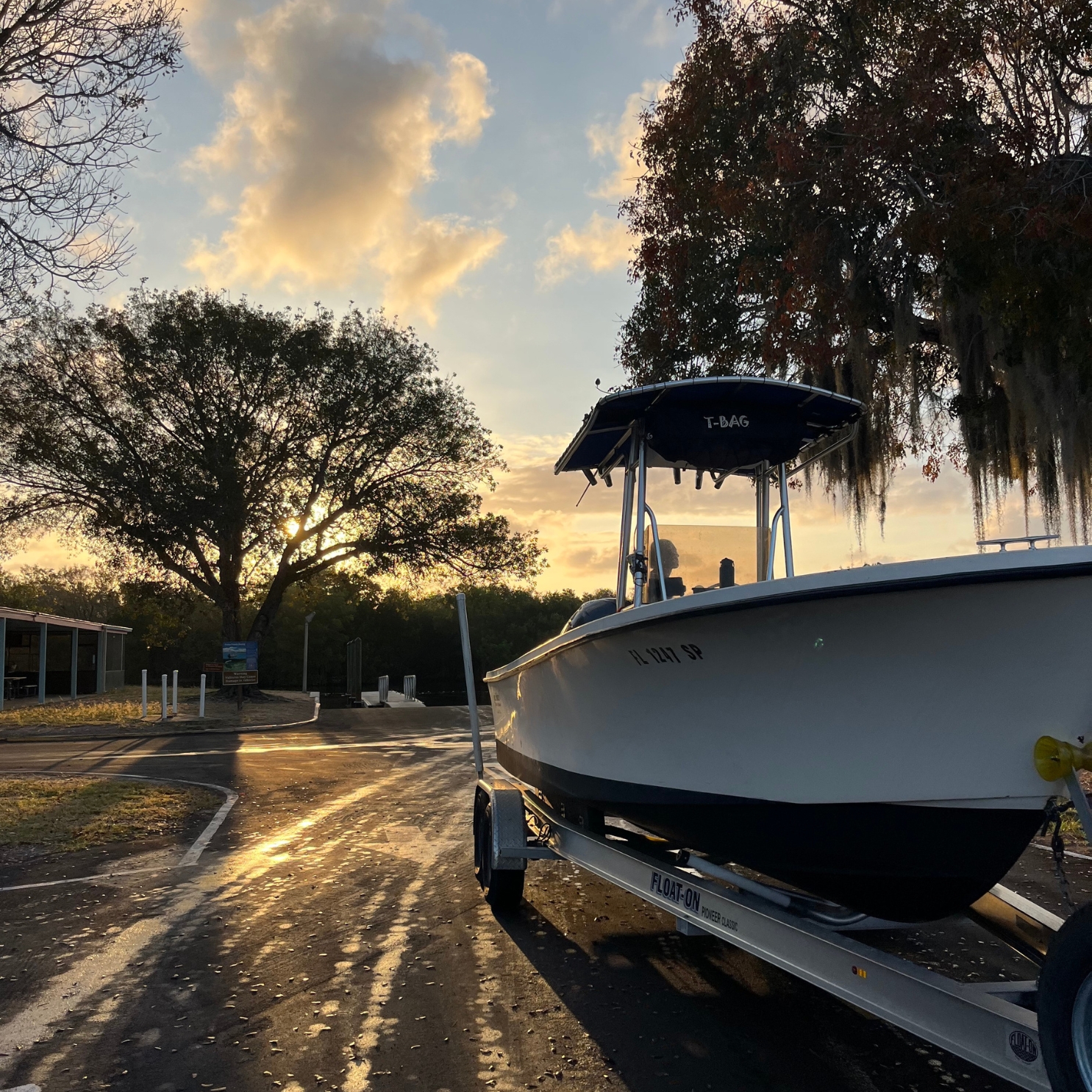
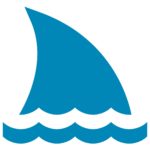
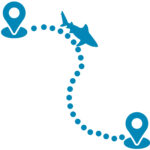
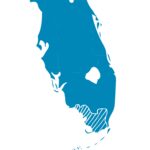
Meet Will Sample
I am a Ph.D. candidate in the Marine Community and Behavioral Ecology Lab at Florida International University. My current research uses both long-term historical datasets and newer methods, such as high-resolution accelerometry, to study the movement and behavioral ecology of juvenile bull sharks. I am specifically focusing on the way these sharks may be transporting nutrients across habitat boundaries, how they may be optimizing their movements to save energy and what the long-term implications of different behaviors they specialize in may be. I have lived all throughout Florida for most of my life, from Jacksonville to Jupiter to the Keys, and I am passionate about community outreach and education, particularly regarding Florida’s natural habitats. My work is based in the Florida Everglades, and studying the ways sharks move through this crucial ecosystem is important for conservation and informing habitat restoration and management efforts.
2018 B.S. in Liberal Arts and Sciences, Florida Atlantic University
Get To Know Will
I am originally from Jacksonville, Florida and grew up right along the St. Johns River. Some friends and I even tried to build a dock from spare wood we found on an empty lot in my neighborhood as kids. Growing up fishing, surfing, and camping probably has a lot to do with what I do now.
It really is hard to just pick one, but I would have to say lately I have been obsessed with harbor seals. Something about how silly they look bouncing on land compared with their graceful, efficient swimming in the water really makes me smile.
My current research is focused on the ways juvenile bull sharks move through the Florida Everglades. As an undergraduate student, I happened upon an internship in South Africa studying white shark populations, which I simply could not say no to, and ended up falling in love with behavioral ecology along the way. I knew then that I wanted to continue my involvement in this field and contribute to the latest research as a long-term career, so pursuing a Ph.D. was the next step in accomplishing my goals!
My research is based in a very vulnerable and constantly changing system: The Florida Coastal Everglades. By studying the movements of juvenile sharks in this nursery system, we can better understand the importance of these animals and the ways their roles might shift with any natural or anthropogenic changes.
When I started college, I originally intended to be a veterinarian. However, after a few internships as an undergraduate student, some showing me how much I enjoyed marine science and others showing me that working in a vet clinic was not for me, I eventually found the right fit! I plan to remain in academia, and I hope to one day head my own research lab, mentoring graduate students and continue publishing in the field of behavioral ecology.
It really depends on the day, and the chaos is one of my favorite things about it! Some days I wake up and work at my computer analyzing data the entire time. Other days I am in my lab meeting with other scientists, processing samples, or preparing gear. But the days in the field are of course my favorite, although certainly some of the most tiring as well.
Scientific research is very much a “team sport,” particularly when it comes to working on boats or with large animals. I love taking on new interns, teaching them the things I know and helping them move forward with their own careers. The challenging part is that there is always more to do – field work, analysis or writing – but seeing progress, my own and others, makes it all worthwhile.
It is one thing to hear about a subject like marine biology in the classroom, but seeing the latest research makes the science all that much more “real,” and not just for students but for teachers and the public too. There will always be new and exciting questions we can answer, with meaningful implications. By sharing my research, I hope to inspire the next generation of scientists and keep the public informed of what is happening in our world and why it is so important that we care.
I have far too many hobbies to be as busy as I am. I love sports and play soccer every week. I have also been known to sneak away for a week on a backpacking or camping trip with my dog. I am a big fan of media and love watching films, television or playing video games. I also love live music and try to attend as many concerts as I can!
I think the most important thing is to be flexible and open to different opportunities, even if they are not what you initially planned. For almost my entire life I was so sure my future career was going to be something completely different, until I chanced upon an opportunity that showed me an entirely different path I had never even considered. In science, plans change and projects shift. If you can be flexible, you can handle almost anything, regardless of your career path.
It never fails to amaze me the natural curiosity that so many people seem to have for our oceans and the animals that live there. Whenever I tell people what I do for my job, their response is almost always to ask a more detailed question for me to answer, which is the most exciting part! Even as a scientist there are always new and interesting things to be studied and questions we have still yet to answer!
Interview conducted in June 2024

